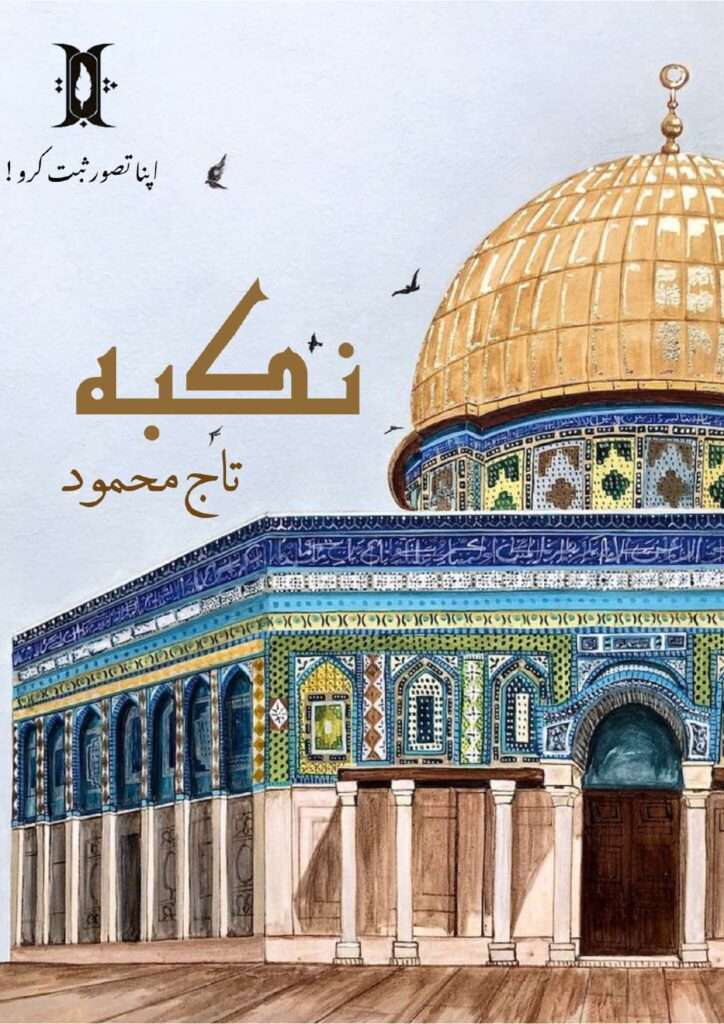نکبہ فلسطین پر ہوئے تاریخی ظلم کی دستان ہے۔ نسل کشی دہزار تیئس سے شروع ہونے والی اسرائیل کی جانب سے فسلطینیوں کی نسل کشی کی منظر نگاری کرتی ہے۔
The Nakba, meaning catastrophe in Arabic, stands as one of the most harrowing tragedies in modern history. It refers to the mass displacement and suffering of the Palestinian people in 1948, when over 700,000 Palestinians were forced from their homes during the creation of Israel. Entire villages were wiped off the map, families were separated forever, and centuries-old communities were erased. This event is not just a page in history—it is the ongoing wound of a nation whose right to return remains denied to this day.
The Nakba tells the story of systematic oppression, forced migration, and the destruction of Palestinian identity. People who once lived peaceful lives, farming their lands and raising families, were suddenly turned into refugees overnight. They carried nothing but memories and the keys to their abandoned homes—symbols of hope and determination.
Fast forward to 2023, and history is tragically repeating itself. The Israeli military’s latest actions have triggered what many human rights organizations are calling a genocide in Gaza. From airstrikes leveling residential neighborhoods to the deliberate targeting of civilian infrastructure, the scale of devastation is staggering. Homes are destroyed, hospitals are overwhelmed, and entire generations are being wiped out.
The 2023 Gaza genocide mirrors the original Nakba in its brutality and intent—to erase a people from their homeland. Images of parents carrying the bodies of their children through streets filled with rubble have become daily realities. These acts of violence have sparked global outrage, with protests erupting in cities across the world demanding an end to Israeli aggression.
For Palestinians, survival is not just about staying alive—it is about preserving their culture, language, and history. The Nakba is more than displacement; it is a continuous struggle for dignity, justice, and the right to exist. Each new wave of violence reinforces the painful truth that the Nakba never truly ended; it is an ongoing process of dispossession and resistance. Despite decades of suffering, the Palestinian people remain steadfast. Their determination to reclaim their homeland is rooted in an unshakable bond with their land, culture, and faith. From refugee camps to international platforms, Palestinians continue to demand justice and self-determination.
The Nakba is not just the story of a tragedy—it is the story of endurance. It is the voice of a people who, despite relentless oppression, refuse to be erased from history.

